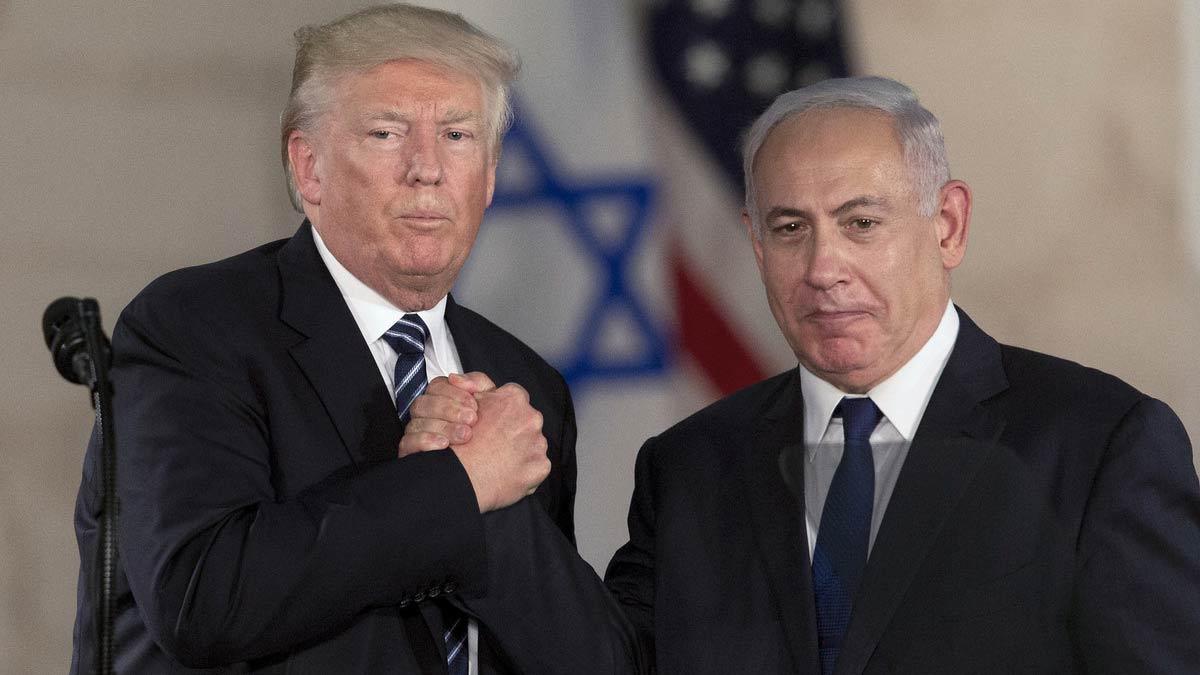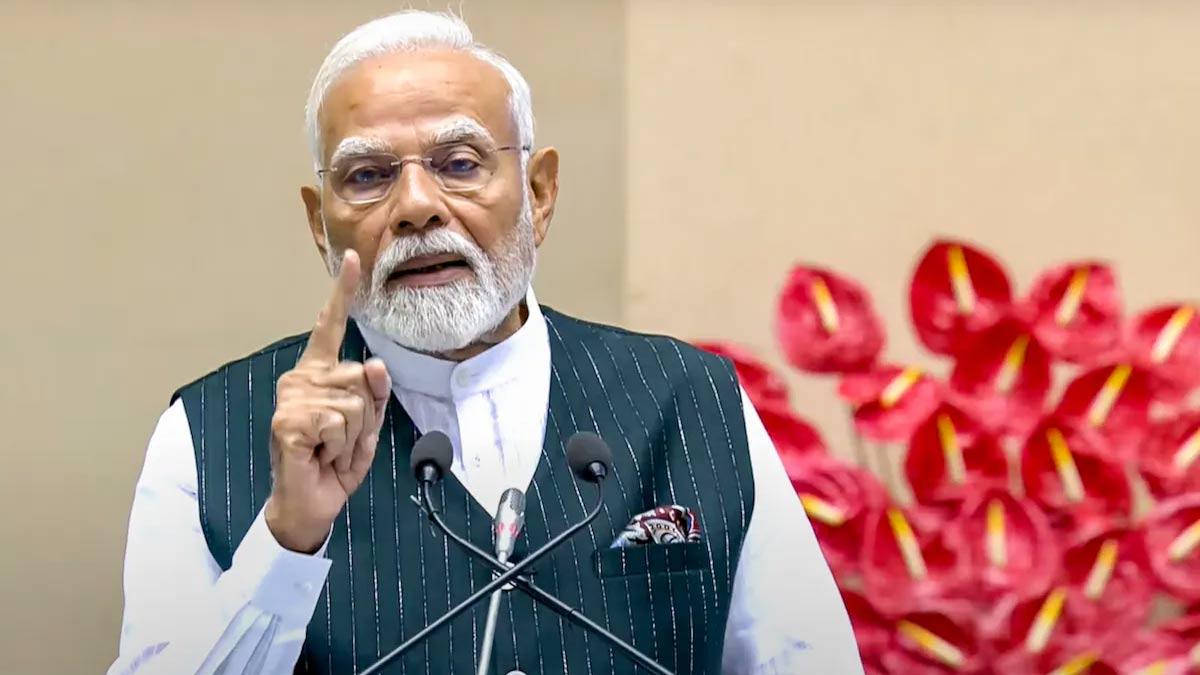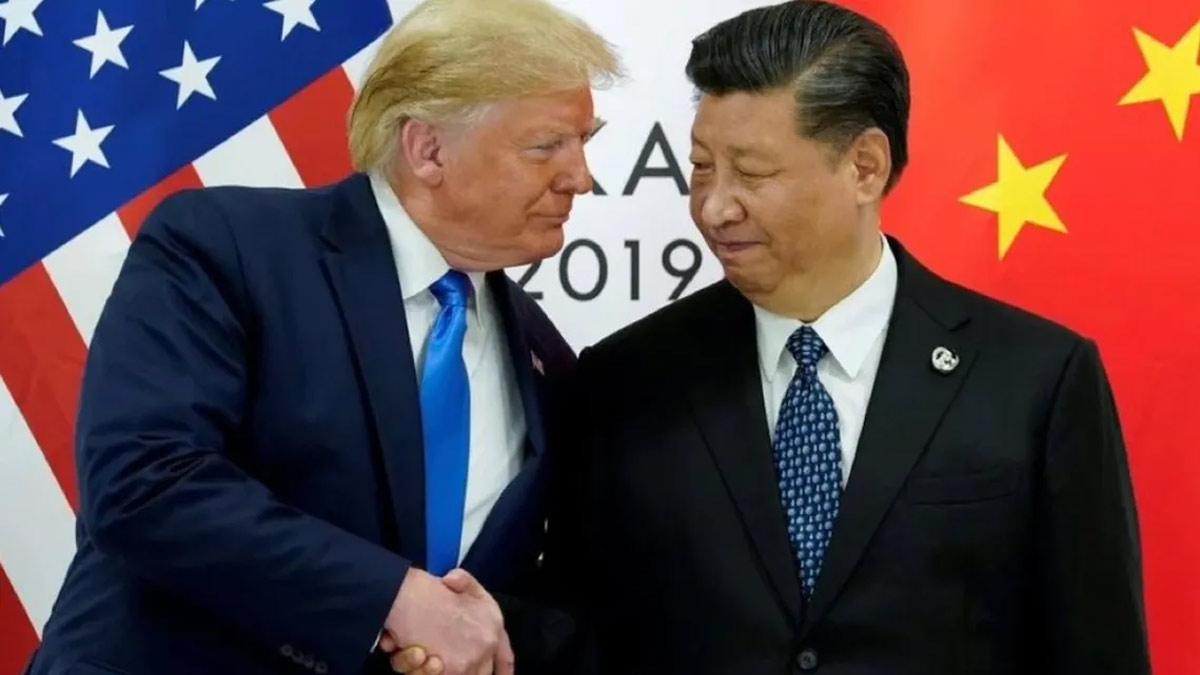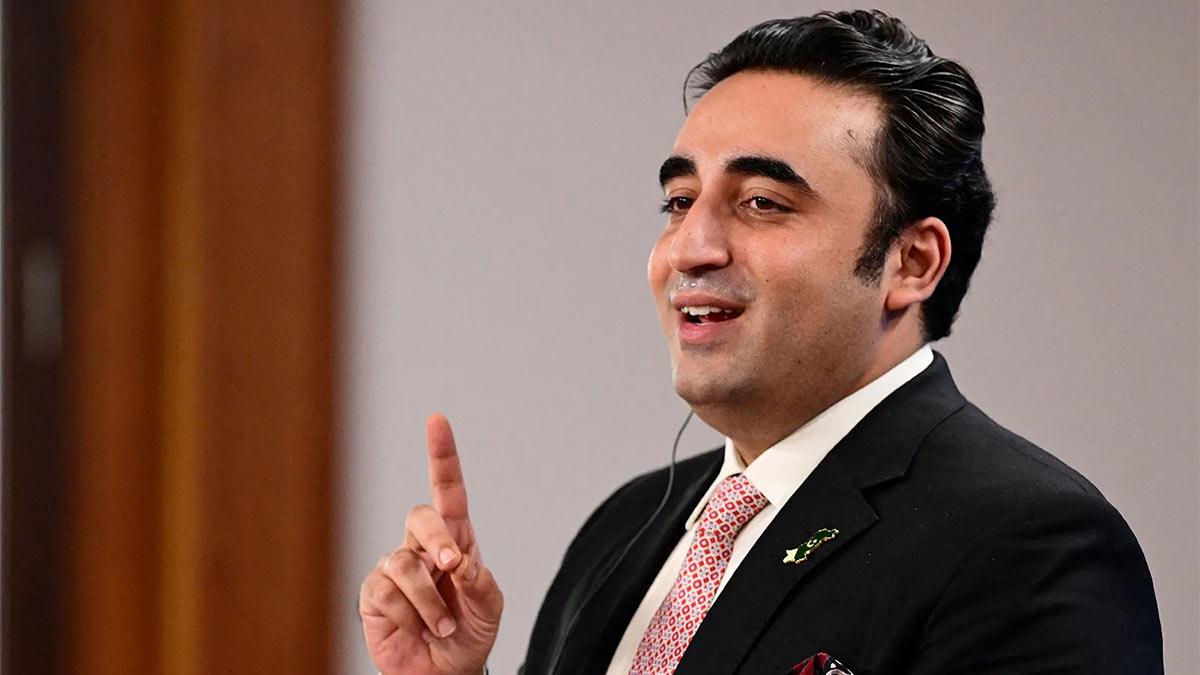At a White House dinner, Israeli Prime Minister Benjamin Netanyahu officially put forward U.S. President Donald Trump for the coveted Nobel Peace Prize. Netanyahu handed over the nomination letter personally to Trump in recognition of his contribution to recent peace initiatives.
Their encounter was on Monday, weeks after Trump negotiated a ceasefire agreement between Israel and Iran, ending a 12-day war that had broken out on June 13.
A White House statement quoted the Israeli Prime Minister: "President Trump is 'forging peace as we speak, in one country and one region after the other. So, I want to present to you, Mr. President, the letter I sent to the Nobel Prize committee. It's nominating you for the peace prize, which is well-deserved,' said Israeli PM."
Netanyahu also commended Trump's commitment towards spreading peace and stability throughout the Middle East.
"I wish to convey the gratitude and admiration of not only all Israelis, but of the Jewish people and a great, great many admirers throughout the world, for your leadership, your leadership of the free world, your leadership of a righteous cause, and the quest for peace and security which you are presiding over in so many lands, but now particularly in the Middle East. President has an exceptional team, and I believe our teams combined make an exceptional team to confront challenges and take opportunities," Netanyahu added.
The American President seemed truly moved by the gesture. "This I did not know. Wow, thank you very much. Coming from you in particular, this is very meaningful," was Trump's reaction, seemingly caught off guard by the nomination.
Welcoming the Israeli leader, Trump had warm words for both Netanyahu and his wife Sara, emphasizing the long association they shared.
It is a pleasure to be hosting BB (Benjamin Netanyahu) and Sara. Old friends of mine, and we have had such huge success together, and I believe it will only continue to be even bigger success in the future," he said.
Read also| China Rejects Trump’s Brics Threat, Denounces Use of Tariffs as Coercion


















